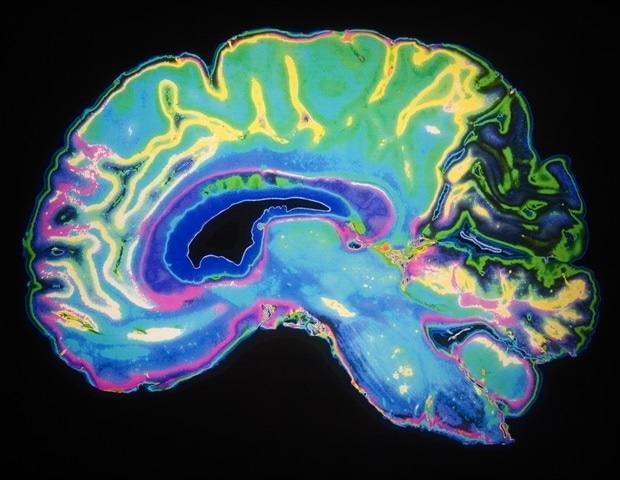A study in the journal Science presents compelling new evidence that neurons in the brain’s memory center, the hippocampus, continue to form well into late adulthood. The research from Karolinska Institutet in Sweden provides answers to a fundamental and long-debated question about the human brain’s adaptability.
The hippocampus is a brain region that is essential for learning and memory and involved in emotion regulation. Back in 2013, Jonas Frisén’s research group at Karolinska Institutet showed in a high-profile study that new neurons can form in the hippocampus of adult humans. The researchers then measured carbon-14 levels in DNA from brain tissue, which made it possible to determine when the cells were formed.
Identifying cells of origin
However, the extent and significance of this formation of new neurons (neurogenesis) are still debated. There has been no clear evidence that the cells that precede new neurons, known as neural progenitor cells, actually exist and divide in adult humans.
“We have now been able to identify these cells of origin, which confirms that there is an ongoing formation of neurons in the hippocampus of the adult brain,” says Jonas Frisén, Professor of Stem Cell Research at the Department of Cell and Molecular Biology, Karolinska Institutet, who led the research.
From 0 to 78 years of age
In the new study, the researchers combined several advanced methods to examine brain tissue from people aged 0 to 78 years from several international biobanks. They used a method called single-nucleus RNA sequencing, which analyses gene activity in individual cell nuclei, and flow cytometry to study cell properties. By combining this with machine learning, they were able to identify different stages of neuronal development, from stem cells to immature neurons, many of which were in the division phase.
To localize these cells, the researchers used two techniques that show where in the tissue different genes are active: RNAscope and Xenium. These methods confirmed that the newly formed cells were located in a specific area of the hippocampus called the dentate gyrus. This area is important for memory formation, learning and cognitive flexibility.
Hope for new treatments
The results show that the progenitors of adult neurons are similar to those of mice, pigs and monkeys, but that there are some differences in which genes are active. There were also large variations between individuals – some adult humans had many neural progenitor cells, others hardly any at all.
This gives us an important piece of the puzzle in understanding how the human brain works and changes during life. Our research may also have implications for the development of regenerative treatments that stimulate neurogenesis in neurodegenerative and psychiatric disorders.”
Jonas Frisén, Professor of Stem Cell Research, Department of Cell and Molecular Biology, Karolinska Institutet
The study was conducted in close collaboration with Ionut Dumitru, Marta Paterlini and other researchers at Karolinska Institutet, as well as researchers at Chalmers University of Technology in Sweden.
The research was funded by the Swedish Research Council, the European Research Council (ERC), the Swedish Cancer Society, the Knut and Alice Wallenberg Foundation, the Swedish Foundation for Strategic Research, the StratRegen programme, the EMBO Long-Term Fellowship, Marie Sklodowska-Curie Actions and SciLifeLab. Jonas Frisén is a consultant for the company 10x Genomics.
Source:
Journal reference:
Dumitru, I., et al. (2025). Identification of proliferating neural progenitors in the adult human hippocampus. Science. doi.org/10.1126/science.adu9575.
